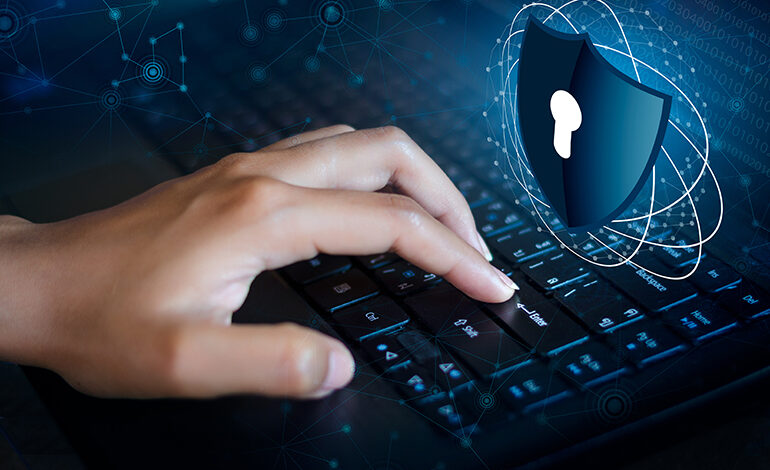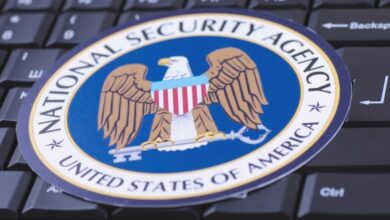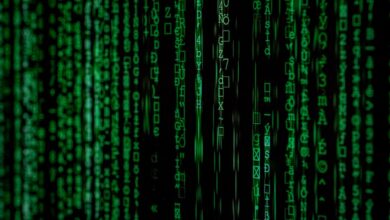University-based cybersecurity centers receive $15 Million for research and training

From the DOE:
The U.S. Department of Energy (DOE) announced $15 million in funding to establish six university-based electric power cybersecurity centers that will foster collaborations across the energy sector to address gaps in energy security research and provide cybersecurity education programs. Each university, selected by the DOE’s Office of Cybersecurity, Energy Security, and Emergency Response (CESER), will partner with energy sector owners and operators, vendors, and DOE National Laboratories to conduct innovative cybersecurity research and develop cybersecurity training that will meet the needs of the energy workforce in their regions. The university-based cybersecurity centers directly align with the Biden-Harris Administration’s commitment to bolstering secure energy infrastructure and a skilled energy workforce to tackle the existing and emerging cyber threats facing the sector.
“This investment in university-based cybersecurity centers will enable us to simultaneously grow the U.S. cyber workforce and build the expertise we need to take on the evolving cyber threats to our nation’s energy systems,” said Director of CESER, Puesh M. Kumar. “The U.S. competitive advantage has always depended on cutting-edge research and a high-skilled workforce. Through these projects, we are advancing our economic and national security.”
The industry partnerships will help the university-based cybersecurity centers research cybersecurity capabilities that consider the distinctive characteristics of each region’s electricity system, network of infrastructure, and workforce skills. Their research will combine multidisciplinary expertise, such as power system engineering and cybersecurity, to find solutions that will reduce the risk of power disruption resulting from a cyber-incident in an energy delivery system. The selected universities, listed below, will conduct the following research projects at their new cybersecurity centers:
The University of Connecticut (Mansfield, Connecticut) will develop tools to isolate and mitigate the effects of cyber-attacks on distributed energy resources (DER) to quickly restore devices to operational states. The project will use data from across the Northeast region’s urban, suburban, and rural environments, making this work scalable to a variety of system operators and utilities. Project title: CyberCARED: Northeast University Cybersecurity Center for Advanced and Resilient Energy Delivery
The Iowa State University (Ames, Iowa) will focus on improving the security and resilience of the distribution grid that includes DER and microgrids, including real-time cyber situational awareness for distribution management systems. Several project partners bring expertise in rural energy issues, which is key for implementing next-generation grid infrastructure. Project title: CyDERMS: Center for Cybersecurity & Resiliency of DERs and Microgrids-integrated Distribution Systems
The University of Pittsburgh will use digital twins to evaluate the effectiveness of protections for cyber-attacks and assess the impact of cybersecurity compromises. Their diverse project partners will help focus the project on existing gaps in cybersecurity research. Project title: University of Pittsburgh Cyber Energy Center
The Illinois Institute of Technology (Chicago) will address cybersecurity issues in DER and microgrids and understand how system operators can contribute to efficient cyber-attack detection and response. They plan to distribute their findings through workshops, symposia, and training. Project title: 2MC: Midwest Center for Microgrid Cybersecurity
Texas Tech University (Lubbock, Texas) will develop a single framework that addresses the various stages of cyber-physical attacks such as attack detection, prevention, impact analysis, and recovery plans. It will focus on DER integration on rural utilities within the Texas power grid. Project title: A Clean Energy and Rural Electric Industry-focused University Cyber-Physical Security Center
The Florida International University (Miami) will explore the moving target defense (MTD) technique to prevent cyber-attacks by “hiding” the system from the adversary. This could be especially useful in systems with communications channels that can easily be rerouted or switched. Project title: Center for Agile and Intelligent Power Systems (CAIPS): Cybersecurity Research, Development, and Workforce Training
In addition to the research projects, the centers will also host a collection of cybersecurity education programs to equip energy professionals with the knowledge to safeguard the energy sector’s critical infrastructure from cybersecurity threats.
For more information about DOE’s efforts to secure and protect America’s energy sector, visit www.energy.gov/ceser.



